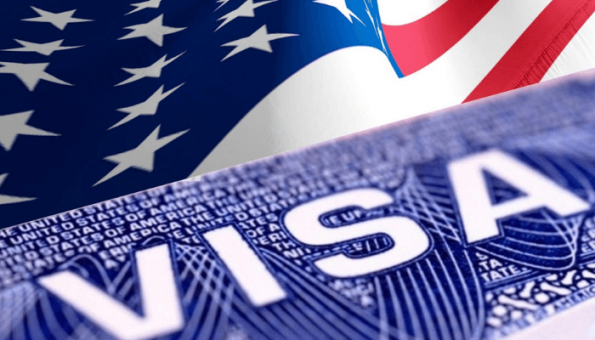The United States government has introduced new immigration guidelines that could make it more difficult for foreign nationals with chronic health conditions to obtain visas or green cards.
The directive, issued under President Donald Trump’s administration, expands the scope of the “public charge” rule — a provision in U.S. immigration law used to determine whether an applicant is likely to become financially dependent on government assistance.
According to a State Department cable circulated to American embassies and consulates worldwide, consular officers are now instructed to scrutinize applicants with medical conditions that could lead to high healthcare costs, potentially amounting to hundreds of thousands of dollars.
The document identifies a range of illnesses that could trigger visa denials, including cardiovascular and respiratory diseases, cancers, diabetes, neurological and metabolic disorders, as well as mental health conditions. Obesity is also listed as a potential risk factor, due to its links to complications such as hypertension, asthma, and sleep apnea.
Under the new policy, visa officers are directed to assess whether an applicant’s health condition could place a financial burden on the state.
Until now, U.S. visa medical screenings have primarily focused on communicable diseases like tuberculosis. This new approach marks a significant shift by incorporating long-term health conditions into the immigration decision-making process.
Legal experts say the move represents a major policy change, effectively tying applicants’ medical histories to their perceived economic impact. It remains uncertain whether the new rules will also apply to short-term visa categories such as tourist (B1/B2) and student (F1) visas.






Post comments (0)